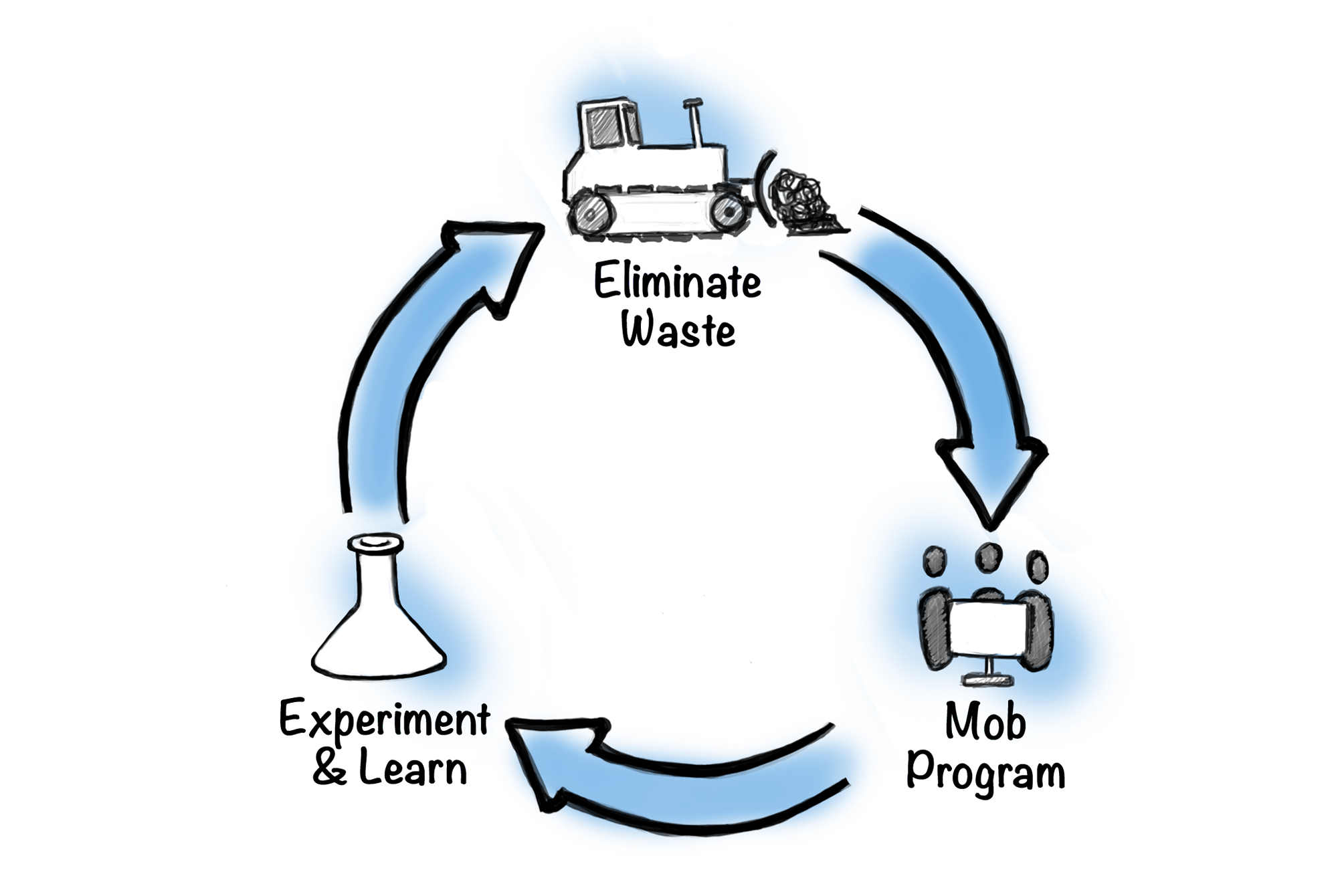"With the help of our Industrial Logic coaches, we cut one of our key parsers from 8000 lines of code to just over 400, splitting much of the functionality into libraries that all of our parsers can use. The whole thing is surrounded by tests, it’s way easier to read and runs a lot faster."
Services
Engineering
OverviewCommunity
×
OK
Collapse Results












